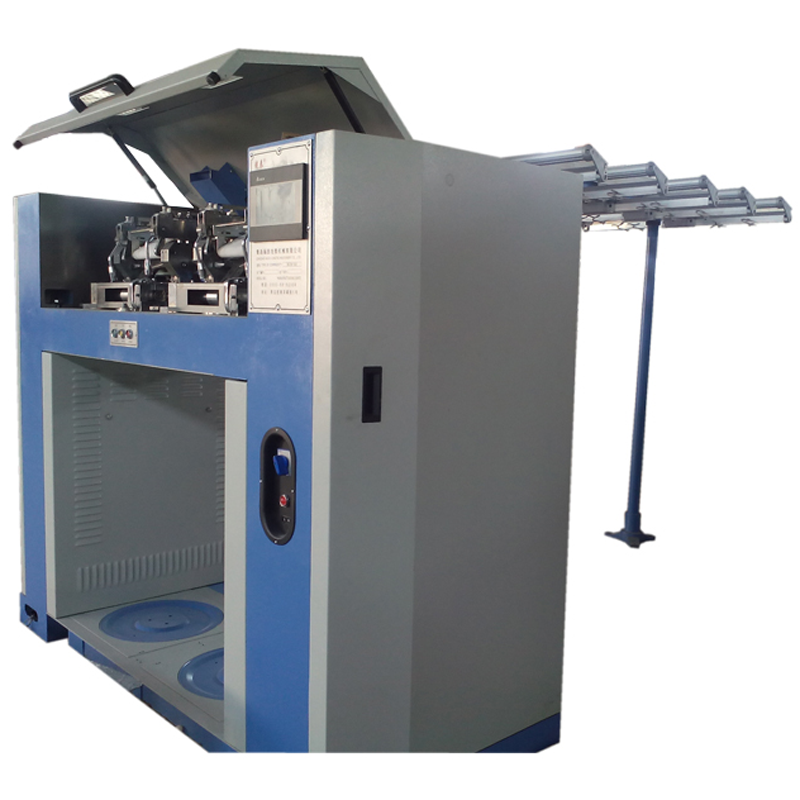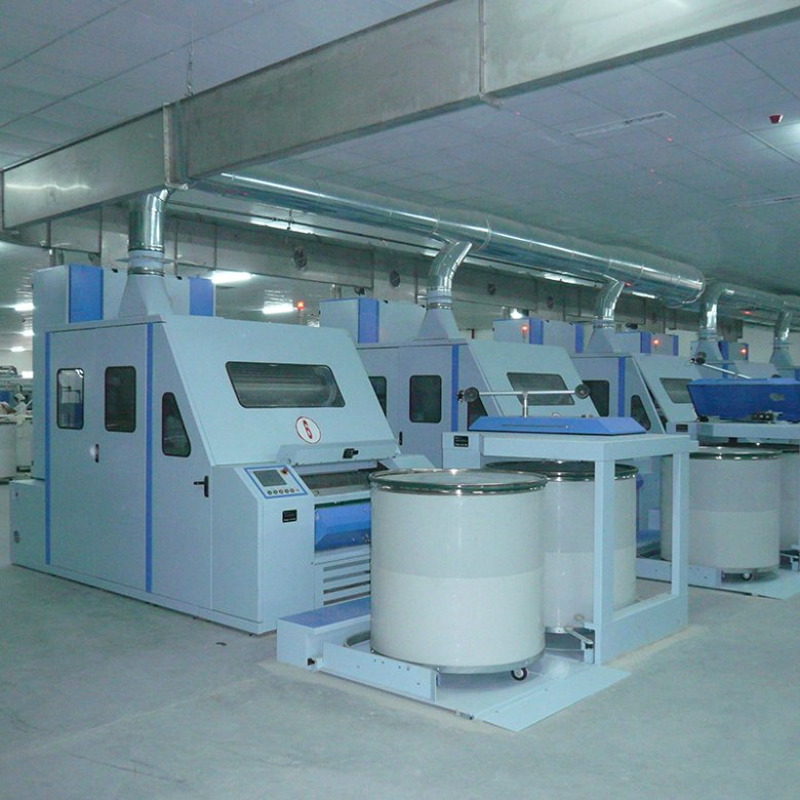A local fiber arts studio is helping locals learn skills to help them become more self-sufficient and environmentally-centered while creating fiber artwork that they can proudly wear. As more is learned about the daunting microplastics problem created by the garment industry, locals are becoming more interested in natural fibers and the skills they can use to create their own items.
Fiber Circle Studio offers the opportunity to do just that. Weight Separator

Inside her bright open studio and store on Kentucky Street, in Petaluma, Fiber Circle owner Alisha Bright has created a space that she herself would have appreciated when she first wanted to study fiber arts. At the time, she found she couldn’t afford the necessary tools or classes.
Through work-exchange lessons, and with the help of other artisans, Bright made her dream come true, realizing along the way that she wasn’t the only person who needed such help. When she opened the doors to Fiber Circle Studio in July of 2021, she did so with the intention of hosting regular workshops and classes, creating a comfortable work-space and a full-scale yarn shop.
Within the studio, Bright hosts workshops in spinning, weaving, knitting, crocheting, felting and dyeing. There are also fiber-processing workshops where students learn how to wash and card wool, which is the step before spinning. Beginning students learn to knit as they make a bandana cowl, and advanced knitting classes make a brioche or a pair of socks.
Bright emphasized her hope that Fiber Circle students are not just learning skills that they're able to take home, but are also picking up a new perspective on how to look at the clothes that they wear, the things that they have in their home, where those garments come from and what they're made out of.
Fiber Circle Studio offers an elastic fee structure for those who want to use the various equipment to work on projects. It ranges from day use to a monthly membership.
“Last month, we had a couple of people who wanted to do some natural dying, but they didn't have the full set up at home, so they were able to use my setup here,” Bright said. “I have people who have wool and they want to card it but they can't afford a carding machine so they come and they use the carding machine here. Ultimately, the idea is that people can access these tools that they might not otherwise be able to afford, and they can also be in community with other people while working on their projects.”
In the popular dyeing classes, Bright teaches students to dye wool and cotton, plus silk yarn or fabric. While she does not teach natural dyeing in her own classes, Fiber Circle does offer natural dyeing classes in the studio, taught by artisans like Brooke Sinnes of Sincere Sheep in Napa.
Sinnes uses plants to dye yarn. She grows some of her own dye plants as well as purchasing many from local farms. She dyes small batches of yarn from wool she also buys from small local farms. Some of her Sincere Sheep yarns are sold at Fiber Circle Studio.
Sinnes is a member of the Fibershed organization that supports the use of natural fibers like wool.
Bright is also a member of Fibershed and said she likes their ethics and support for local natural fiber production that protects the environment, animals and workers. She also appreciates their events that help market members work, like her fiber arts workshops. She even directs her students to Fibershed to learn more about fiber production and all that’s involved.
Bright hosts a dozen or more teachers each year to teach workshops and several are Fibershed members, such as Gayle Ravenscroft from Red Creek Farm in Mendocino County, Kira Dulaney of Kira K Designs in Oakland and Marta Shannon of Tactile Sensations in Petaluma.
Shannon teaches Floor Loom Weaving and Rigid Heddle Weaving for beginning students where they learn to weave a scarf. As students advance in weaving skills, they can create their own garments. In her Petaluma weaving studio, Shannon creates scarves, shawls, ponchos, and throws.
Ravenscroft will be teaching a sweater knitting workshop series for intermediate knitters beginning in early May, with a choice of four different sweater patterns. She also teaches a class on how to make shawls, cowls or cardigans with a pressed flower pattern.
Dulaney teaches beginning crochet classes and embroidery, where students can make hats, scarves and other patterns. Through Kira K Designs, Dulaney sells her patterns for things like sweaters and skirts. She also sells crochet and knitting kits with her original patterns along with the necessary notions and beautiful hand-dyed yarns.
In her store, Bright sells yarn produced by local Fibershed members as well.
“Some of the Fibershed yarns are going to be the natural colors of the animals and the rest are naturally dyed like Brooke’s (Sincere Sheep) yarns,” she said.
Bright also carries other yarns, and many have been produced or dyed locally. She focuses on selling a lot of smaller brands, and all of her yarns are made from natural fibers. Bright said she believes that people are developing more awareness around the garment industry’s microplastics problem and are making little shifts.
Simply put, her customers want natural materials.
“They don't want to work with acrylic or polyester or nylon,” she said.
The majority of her inventory can be traced back to where the yarns came from, who dyed it and the process along the way.
“I want to make sure the animals are being treated fairly,” Bright said, “that all of the workers along the way have fair wages and good working conditions.”
Go to fibercirclestudio.com for more information about workshops, memberships and the yarn shop.

Disc Plucker UPDATED: Please read and follow our commenting policy: